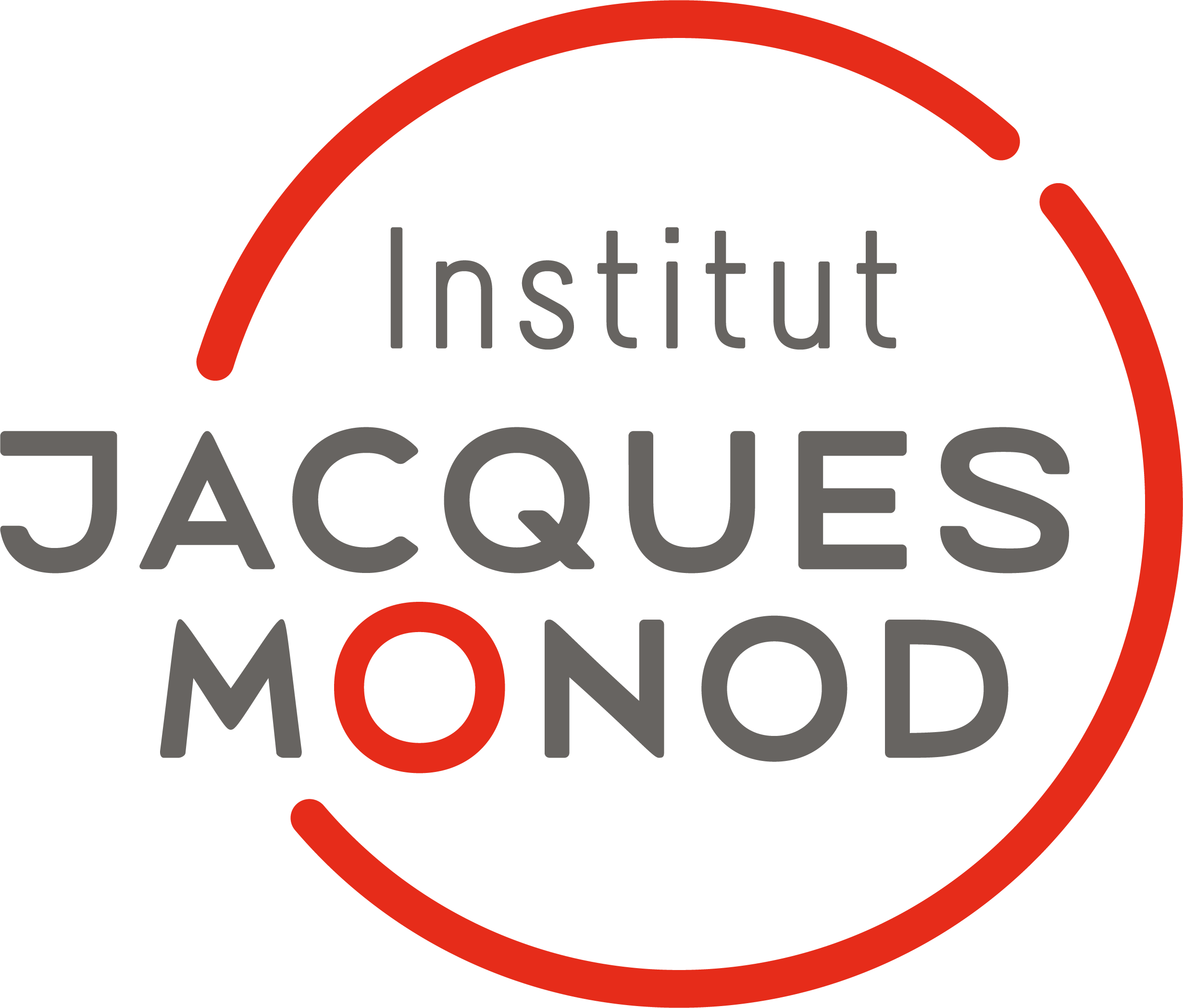

A funded PhD position in Cell Biology is available at the Institut Jacques Monod (Paris).
PhD Project: Mechanistic insights into the regulation of AMPK signaling by glucose and metabolism (link to the pdf)
A PhD student position is available at the Institut Jacques Monod (Paris), in the « Membrane trafficking, ubiquitin and signaling » team led by Sébastien LEON. Our long-term goal is to identify the molecular mechanisms in charge of AMPK regulation by glucose availability using the yeast Saccharomyces cerevisiae as a model system. In the past, we used the metabolic inhibitor 2- deoxyglucose to probe glucose-sensing mechanisms and document resistance pathways to this drug (Defenouillère et al., Science Signaling 2019 ; Laussel et al., PLOS Genetics 2022).
This PhD project, funded by an ANR grant, follows the completion of a successful genetic screen performed in the lab which uncovered novel regulatory mechanisms for AMPK. It will focus onidentifying the mechanisms of AMPK inhibition by glucose, with emphasis on the regulation by protein phosphatase 1.
To this end, the PhD student will use multidisciplinary approaches, including molecular biology, genetic assays, live cell imaging, innovative protein-protein interaction assays, in vitro assays and quantitative proteomics.
The PhD student will be enrolled in the Doctoral School “BioSPC” at Université Paris-Cité and perform research at the Institut Jacques Monod, one of the largest research centers in fundamental biology in central Paris. The Institut Jacques Monod is a dynamic and multidisciplinary environment gathering around 30 teams working in fields ranging from biophysics to cell biology and genomics, providing a stimulating academic environment. Altogether, it gathers around 250 researchers, professors, engineers, technicians, post-docs and PhD students from all horizons. More information at www.ijm.fr.
To apply, candidates must have recently obtained a Master 2 degree in Biological Sciences.
The successful candidate should be interested in signaling pathways regulation and their underlying molecular mechanisms, be highly motivated, rigorous and eager to work in a team, with experience of basic laboratory work such as molecular biology (cloning, mutagenesis), biochemical assays (western blotting, co-immunoprecipitations) and imaging. Knowledge of yeast biology and techniques will be an advantage but is not required. Working language in the lab is English.
Candidates must send a CV, a short summary of research achievements and mastered techniques, and contact information of at least two references to Sébastien LEON (sebastien.leon@ijm.fr).

